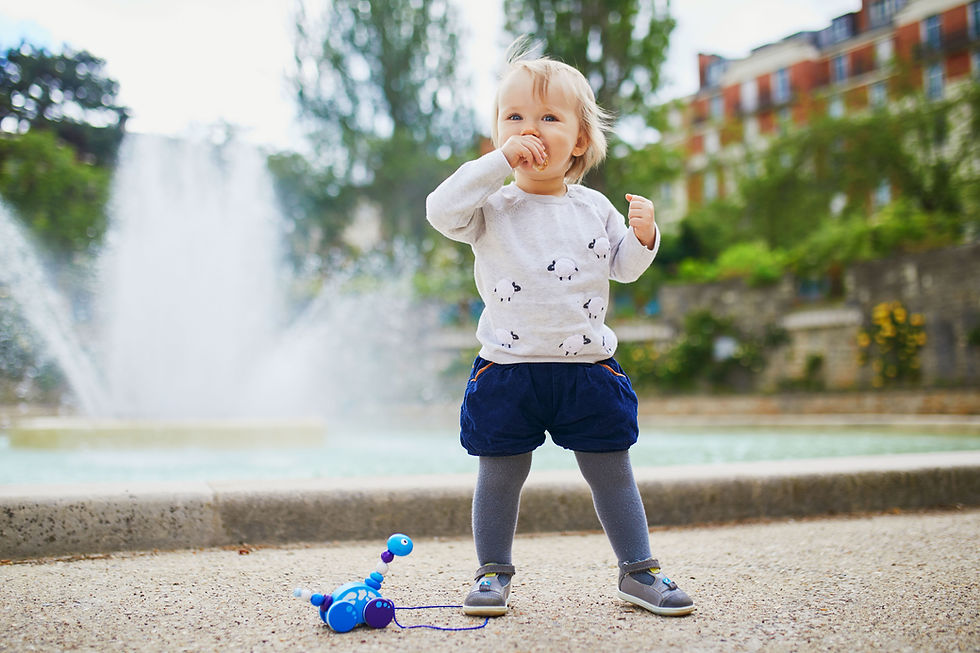Why we believe social skills are as important as academics.
- Sally Rustomji

- Sep 4, 2019
- 3 min read
Parents of children tend to worry a lot about whether or not they are making adequate progress as they launch into their school years.
"Can Johnny read the list of words?"
"Does Milly know how to count to 100?"
"What reading book is your child on?"
While early education creates an important foundation for academic skills, many parents would be surprised to know that social skills are actually far more predictive of outcomes into adulthood than early academics. At The Old School House we have a strong belief that we prepare children for life - not school and those social skills that are developed from an early age allow the children to continue to be competant learners in the future.
Here are four important social competencies our Early Years Educators encourage in children attending our setting.
1. How to play well with others
Play is a powerful thing for development in the early years. By playing with others, children learn to negotiate, problem solve, take turns, share and experiment.
While structured things like dance class, and sports clubs may have their own value, We understand children need plenty of time engaging in unstructured play with other children, where they may be supervised—but not instructed—by the adults around them.
2. How to problem-solve
It is tempting to swoop in at the first disgruntled squeak and make everything right again. We hear time and time again that schools confiscate the object of the argument, set timers, send children to play in different areas, or ut them on different coloured clouds for behaviour and so on . We're good at problem-solving because we get SO MUCH practice as adults! So we allow children to get as much practice as possible to by allowing them to work out their own theories to managing their behaviour.
We invite children to take part in that problem-solving process. Rather than adults doing the solving , we will ask the child, "What do you think you could do about that?"
Teaching a child to be a problem solver also means that we teach them how to fail and try again, which is another critical "soft skill." When we ask children how their solution is working out, we give them an opportunity to evaluate their experience and make improvements when necessary. We're teaching them that mistakes help us learn and move forward and they are not something to fear.

3. How to label and recognise feelings
Children who are perceptive to the emotions around them are also better able to get along well with others.
Storybooks are FULL of conflict and emotion—it's often what drives the plot.
These conversations about observed emotions are often easier because it might be a quiet time when you are sharing a book together. For example "look how sad the big bear is" or "why do you think the rabbit is sad"..... By allowing children not just to hear the story but feel emotion when things are happening, also teaches them to recognise feelings in others.
4. How to be helpful
Being helpful to others requires children to look beyond themselves and recognise the needs of others. By noticing and complimenting the children in our setting when we notice helpful behaviors, we encourage them to continue. We always focus on positve behaviours and do not label children or make them feel that they are not as good as the next child.








Comments